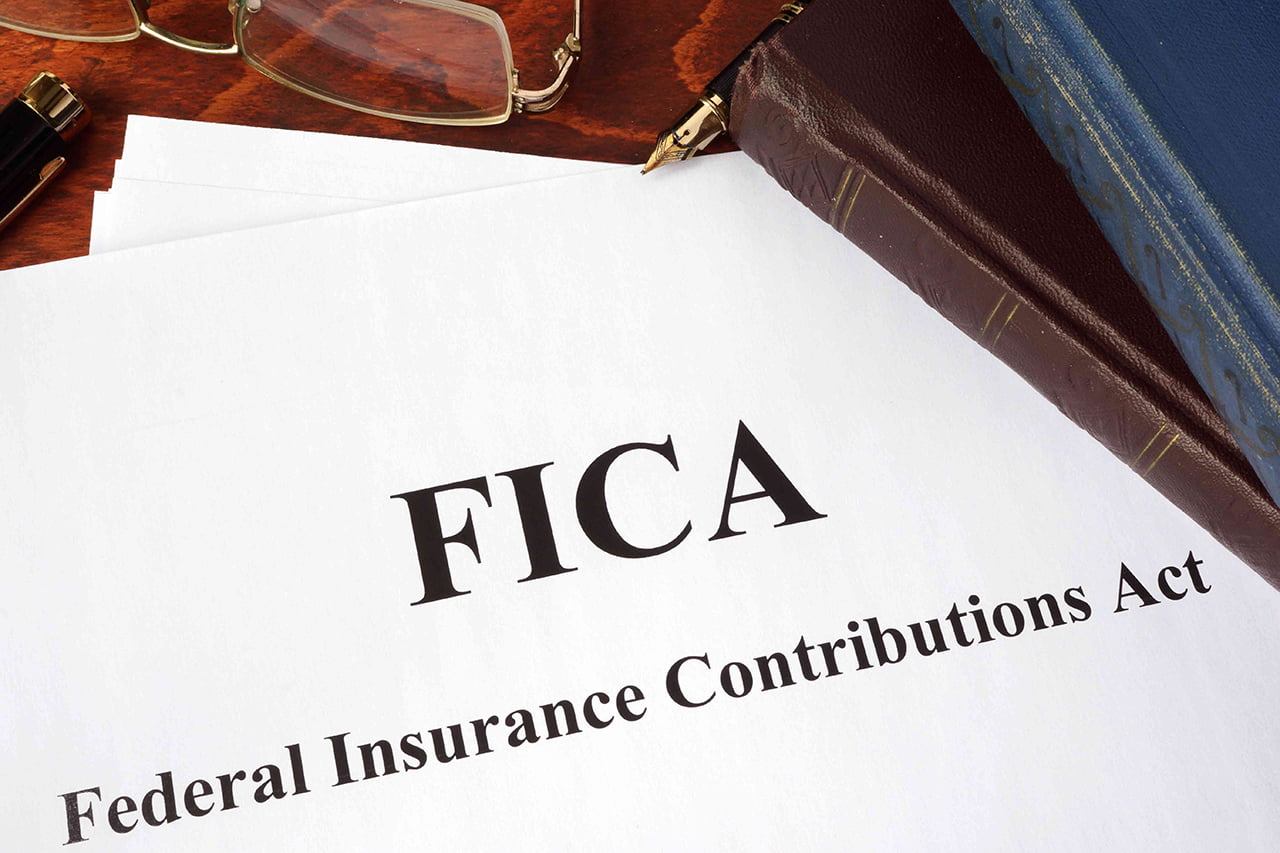New Regulations to take note of!
It’s not unusual for an Act or Regulation to undergo amendments from time to time. And this is
especially true for the Financial Intelligent Services Act No 38 of 2001 (FICA). As of 19 December
2022 amendments to Schedules 1, 2 and 3 came into effect.
According to the Financial Intelligence Centre (FIC) –
“The amendments affect accountable institutions listed in Schedule 1, supervisory bodies
listed in Schedule 2, and reporting institutions listed in Schedule 3 of the FIC Act.
Amendments to items listed in Schedule 1 broaden the application of the FIC Act by including
additional categories of institutions and businesses under its scope. The categories of
accountable institutions include co-operative banks, crypto asset service providers (CASPs),
high-value goods dealers, the South African Mint Company, trust and company services
providers, and payment clearing service operators.
The inclusion of additional sectors as accountable institutions will also align South Africa’s
anti-money laundering, counter terrorism financing and proliferation financing framework
more closely with the international standards set out by the Financial Action Task Force
(FATF). “
The Amendment to the schedules, specifically (and importantly) prescribes obligations on
accountable institutions (AIs) to identify ultimate beneficial owners and intensifies the risk
management and compliance programme (RMCP) requirements. All in an effort to address certain
deficiencies in the current statute.
Therefore, in order to ensure that companies are well aware of the new obligations placed on them,
we thought we would highlight some key points to take note of.
Firstly, the definition of an accountable institution has been beefed up to include –
“A person who carries on the business of dealing in high-value goods in respect of any
transaction where such a business receives payment in any form to the value of R100 000,00
or more, whether the payment is made in a single operation or in more than one operation
that appears to be linked, where “high-value goods” means any item that is valued in that
business at R100 000,00 or more. “
And this will have an effect on a wide ambit of companies doing business in the ordinary course. This
means that all accountable institutions will need to comply with this new requirement – whether it is
an attorney (including a conveyancer or notary); an advocate; a commercial juristic entity; an estate
agent, an authorised user of an exchange as defined in the Securities Service Act 36 of 2004; a
manager registered in terms of the Collective Investment Schemes Control Act 45 of 2002, as well as
all businesses that carry on the “business of a bank” as defined in the Banks Act, 1990 (Act 94 of
1990).
In addition to the above crucial amendment there are two other important aspects to take into
account.
In a media release dated 25 January 2023, FIC set out that the President had signed a proclamation
on 13 December 2022, for the commencement on 1 February 2023 of sections 31 and 56 of the FICA.
Such proclamation had been gazetted by the Minister of Finance on 20 January 2023 relating to the
commencement of sections 31 and 56.
Section 31 of FICA places an obligation on all accountable institutions to report (in what is referred
to as the international fund transfer report’ (IFTR)) electronic transfers of money, above a prescribed
threshold amount (which is ZAR 19 999.99), to or from South Africa to FIC within the prescribed
period – no later than three days after a natural person, employee or officer of the institution
becomes aware of the transaction triggering an IFTR filing obligation.
Section 56 of FICA makes the failure to file an IFTR (where there is an obligation to do so) an offence,
in respect of which an administrative penalty may be imposed.
FIC has published Draft Guidance Note 104A (Draft GN 104A), to assist all accountable institutions to
meet their IFTR filing obligations in terms of FICA.
To find out more on the FICA Amendments, we suggest reading here.
If you require assistance with FICA, its regulations and obligations, Inhouse Lawyer is perfectly
poised to assist you in a way that makes every obligation a walk in the park.
In addition, Inhouse Lawyer’s legal software is designed to assist your onboarding of clients
(including all KYC requirements) in a way that complies with FICA and all its Regulations. Easy as pie.
If you have any questions relating to the information we have set out above or if you are interested
in booking a free demo, feel free to drop us a line.

